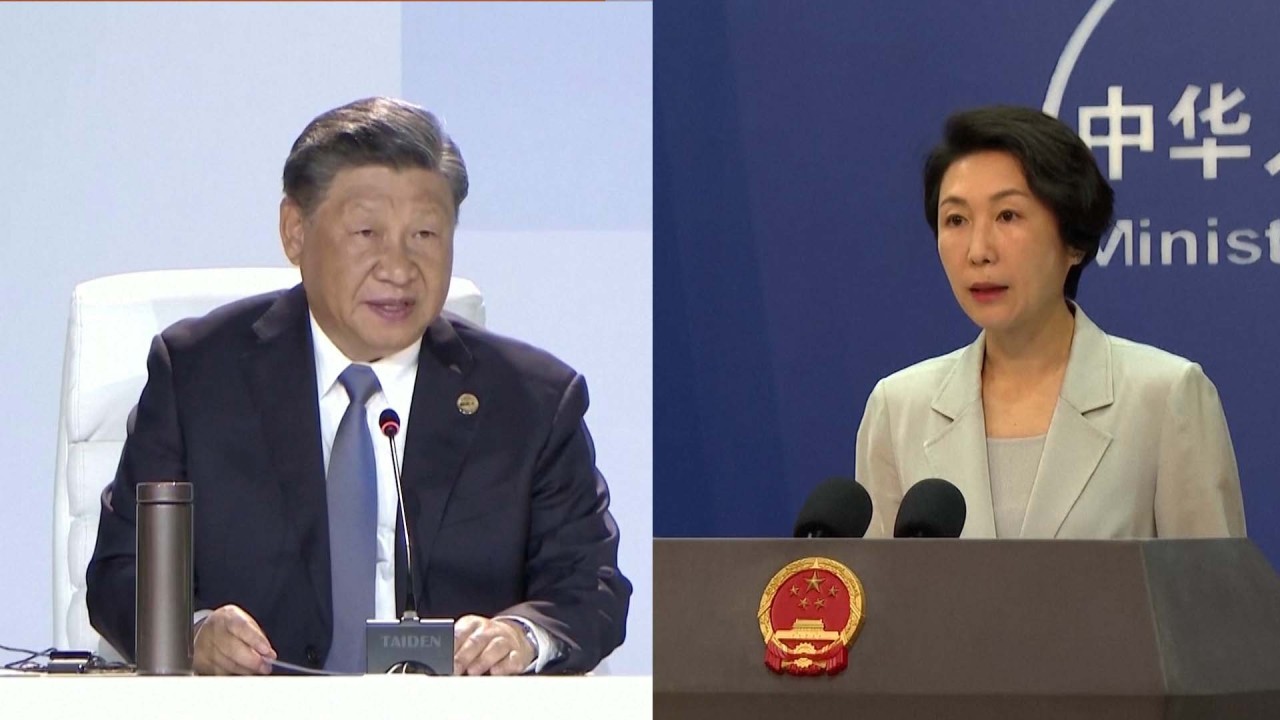India to push Global South issues as Modi and Biden set to meet ahead of G20
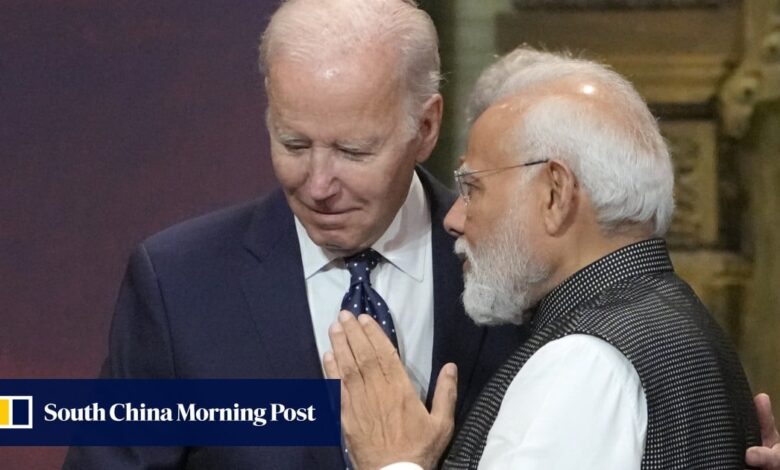
[ad_1]
Upon his arrival in New Delhi on Friday, President Biden is expected to head straight to Modi’s residence for talks followed by a private dinner hosted by the Indian prime minister.
In June, Modi signed an agreement with Biden for bilateral cooperation that spanned everything from clean energy to medicine.
On top of Friday’s agenda for New Delhi will be a deal to jointly manufacture fighter jet engines and the purchase of military drones. India also wants to iron out liability clauses that have hampered cooperation in nuclear energy development, local media reports said.
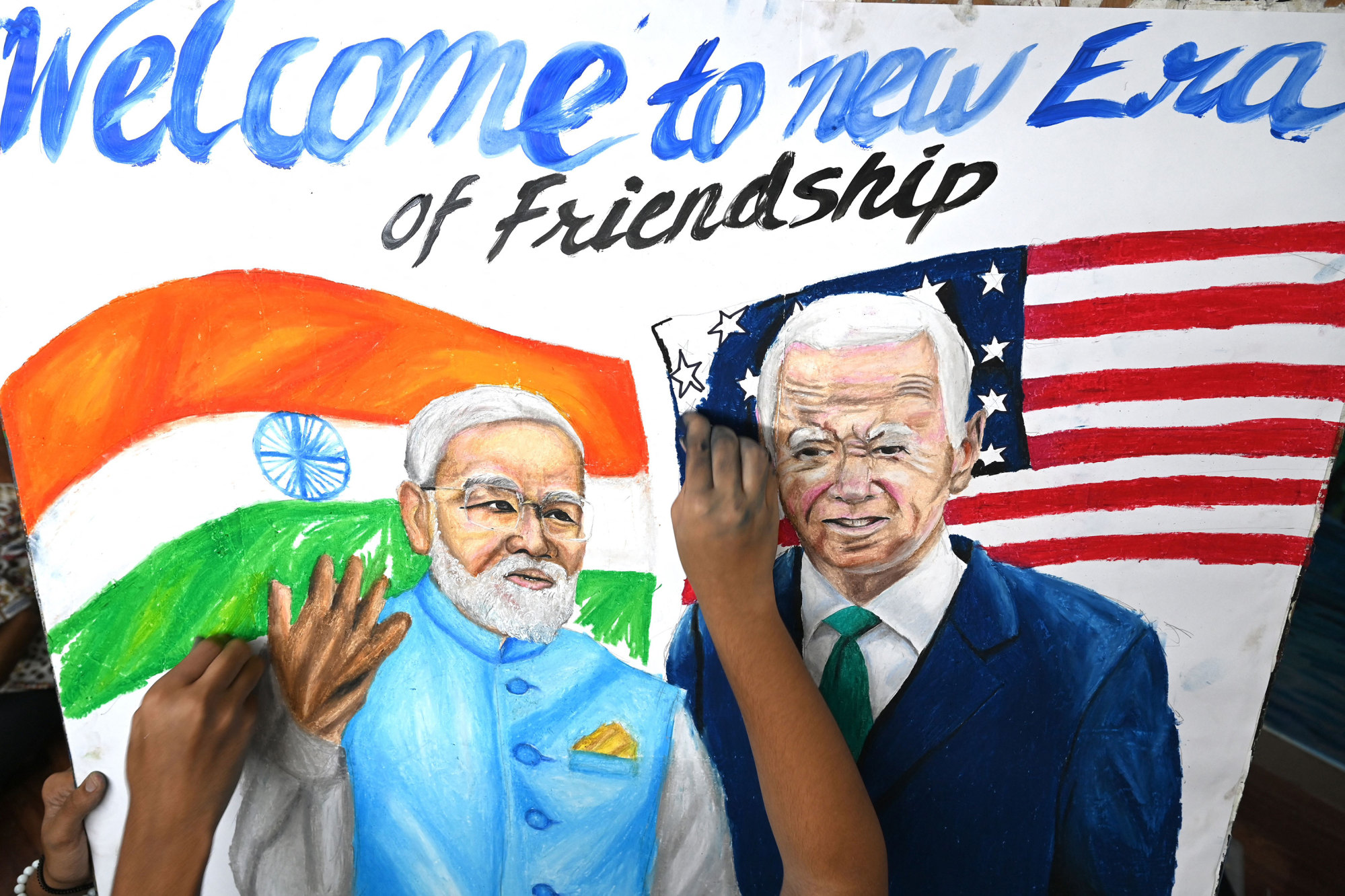
In particular, progress on the engine deal is expected to be key to ties between the two nations, as India has for some time wanted a suitable engine for its home-grown Tejas light-combat aircraft. The planes are meant to replace many Russian ones that have, for decades, formed the bulk of the Indian Air Force.
The US is also likely to gain from Biden’s presence at the G20 summit, analysts say.
US advantage
“Countries like South Africa, Saudi Arabia, Indonesia, and Brazil – all of whom see the G20 as an important forum and all of whom are reluctant to choose a side in the US-China geopolitical tensions – will be more amenable to diplomatic overtures from the US in Xi Jinping’s absence,” said Dutt.
Local media have reported that progress has already been made behind the scenes towards admitting the 55-member African Union into the G20 at the New Delhi summit.
“Given that the EU already has membership status, admitting the African Union is a natural next step. That South Africa is the only current G20 member from Africa is glaring, especially given the demographic and growth potential of the region,” Dutt said.
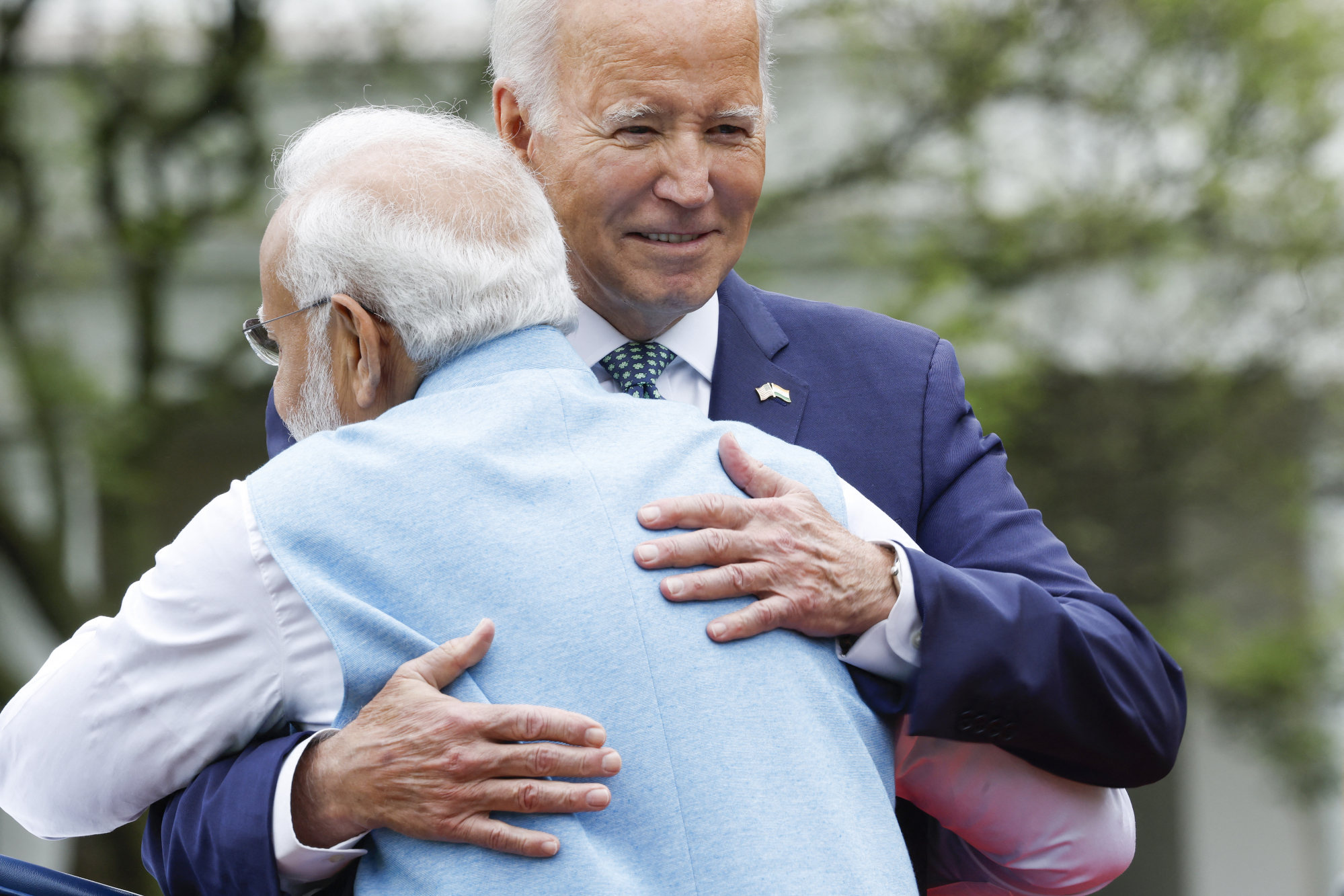
Africa’s rich mineral potential in clean energy transition metals such as cobalt, lithium, rare earth and nickel are likely to be of mutual benefit to existing members, Dutt added.
On the other hand, African states may benefit from having greater access to development funding, including for climate finance, experts say.
“Washington has to show countries in the Global South that it can provide real value, whether through development help, economic investment, or other mechanisms,” said Zack Cooper, a senior fellow with the Asia team at the Washington-based Centre for Strategic and International Studies.
He said loan help and climate finance “are top priorities” and “could be smart areas for the United States to push in”.
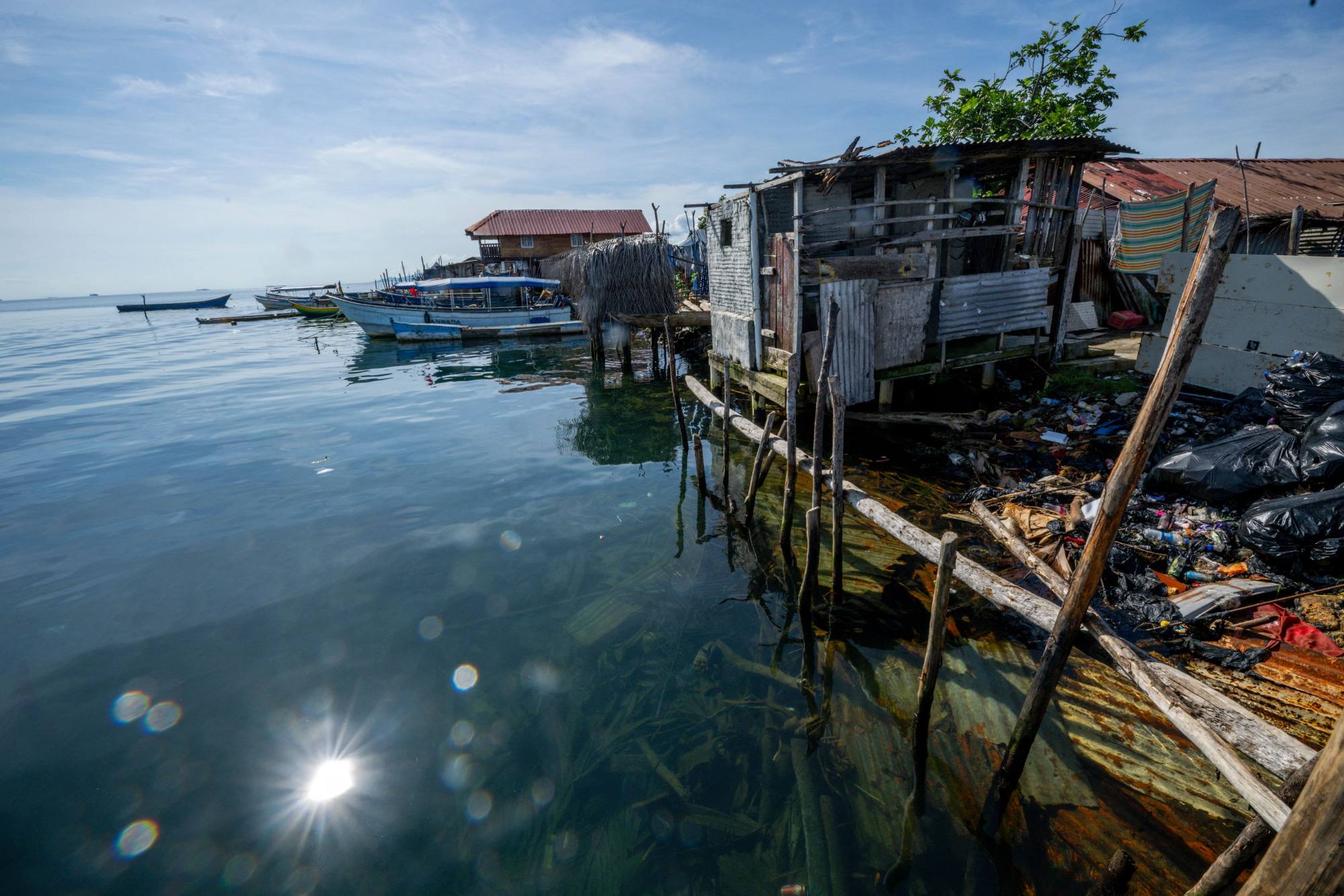
Almost half the world’s population had at least 30 days of significantly warmer temperatures in June-August due to climate change, said a report by Climate Central on Thursday.
Countries with the lowest emissions experienced three to four times more days during the three months than the G20 countries, the US non-profit news organisation added.
Matias Otero Johansson, an independent political analyst based in Sweden, noted that the US as well as other nations in the West – historically the biggest emitters of carbon dioxide – needed to step up climate finance to developing nations.
But he added that in the absence of Chinese President Xi Jinping at the G20 summit, “I expect US diplomats to take full advantage”.
However, another analyst said that Xi is “hoping his absence will keep attention on the economic and ecological issues”.

Einar Tangen, a senior fellow at the Taihe Institute think tank in Beijing, said that “deep divisions over Ukraine and broken promises over climate change funding for developing countries, have eroded trust”.
By sending Premier Li Qiang – who is responsible for China’s policy implementation – to the summit, “Xi hopes the meeting can focus on creating global solutions, rather than settling local disputes”, Tangen added.
While Modi has pledged not to let Russia’s attack on Ukraine overshadow the needs of mostly developing nations in the Global South, many issues are closely affected by the war.
“New Delhi will not want to distract from the main agenda, which is to address issues of concern for the Global South,” said Nazia Hussain, an associate research fellow at Singapore’s S. Rajaratnam School of International Studies.
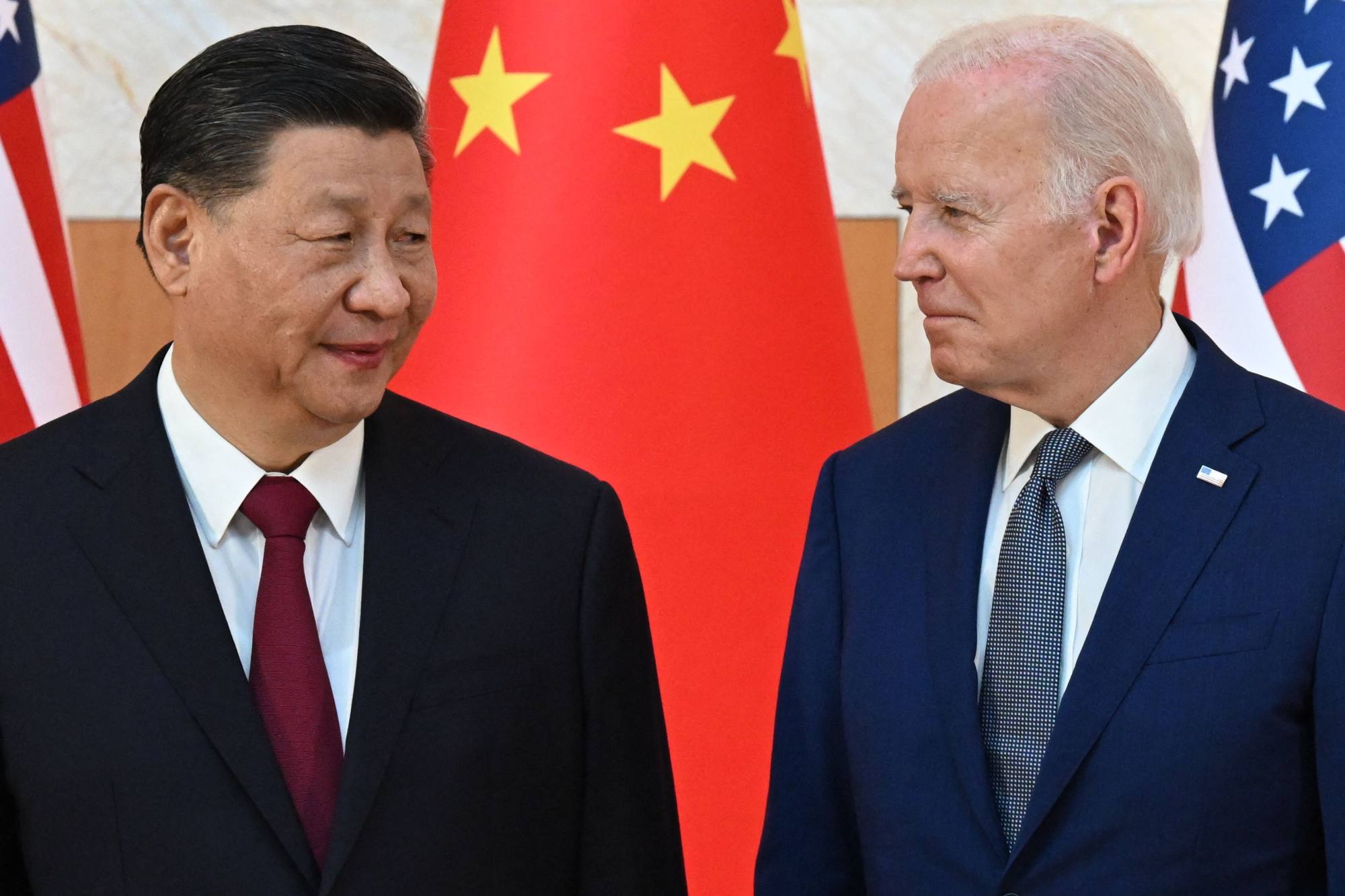
“So while there will be discussions on emerging issues as a fallout of the war – supply chain security and decoupling, energy security, and food supply – the focus must remain on how to mitigate the fallout rather than debate the geopolitical/security aspects of the war.”
Ukrainian President Volodymyr Zelensky addressed the Bali G20 summit by video last year, but Modi has made a point of not inviting Ukraine to participate in this year’s event.
Still, the White House has said that Biden’s agenda includes “mitigating the economic and social impacts of Putin’s war in Ukraine”.
Like China’s Xi Jinping, Russian President Vladimir Putin will not be attending the G20 summit and is also sending lower-level officials.
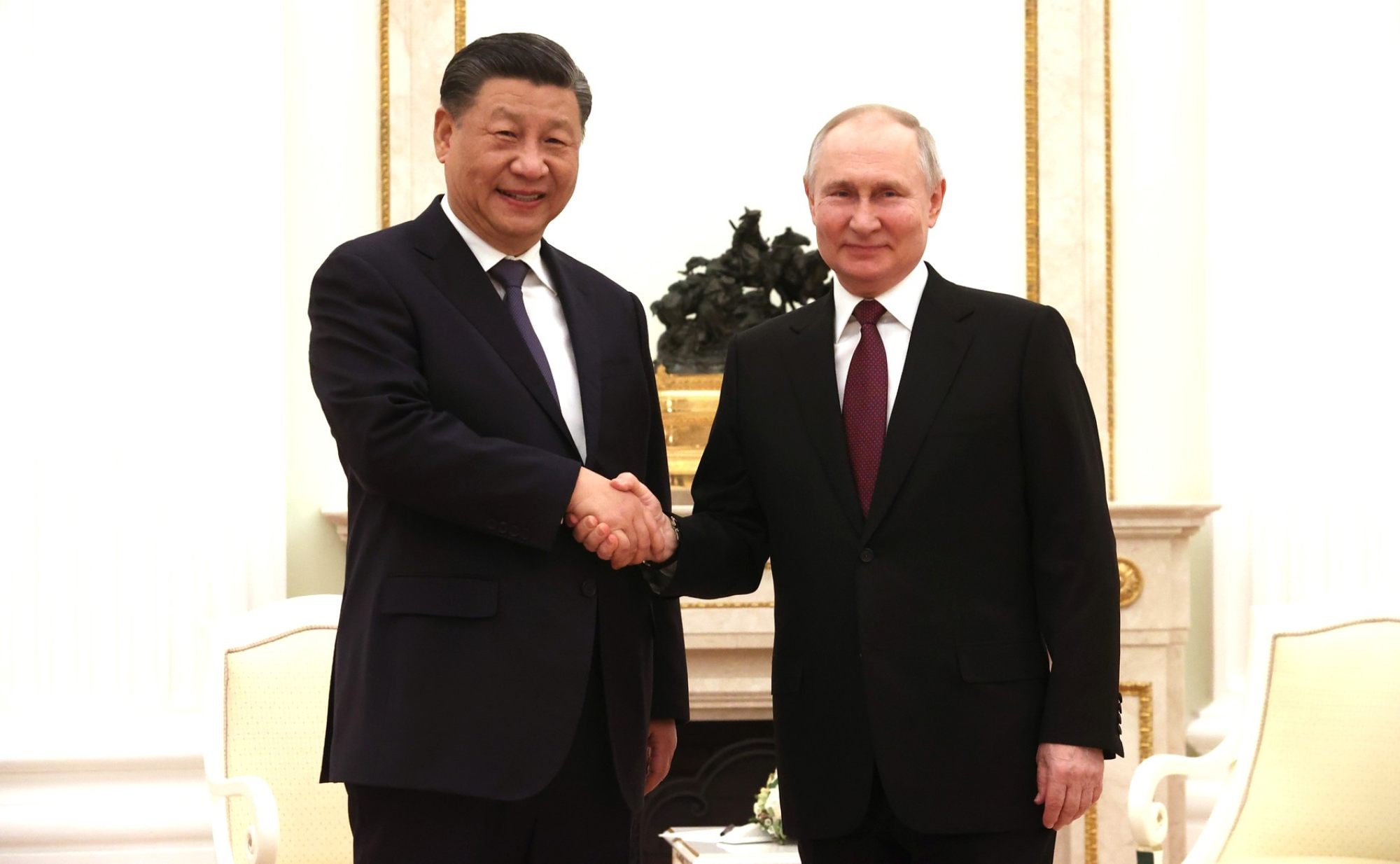
Neither Moscow or Beijing have indicated why their leaders were not attending, but both seem to be putting a greater emphasis on the more like-minded Brics group of nations: Brazil, Russia, India, China and South Africa.
They agreed in August to expand the group to include Iran, Saudi Arabia, the United Arab Emirates, Argentina, Egypt and Ethiopia.
Additional reporting by Associated Press
[ad_2]
Source link


